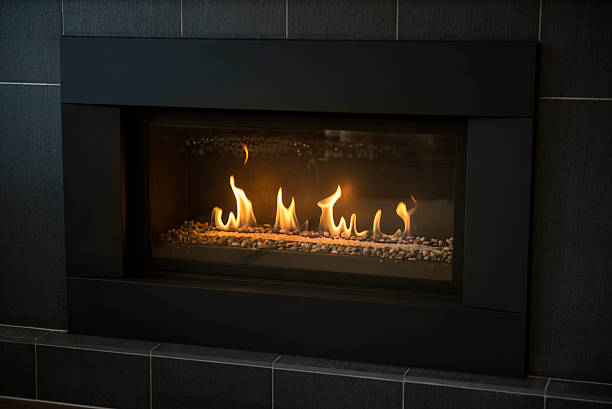Why Is Propane a Smart Choice for Clean and Reliable Energy?
Electrification is frequently touted as the ultimate solution to reduce carbon emissions. However, it’s essential to recognize that relying solely on electricity isn’t always practical. Meeting long-term environmental challenges requires a diversified approach to energy sources. So, why isn’t an all-electric solution the answer? Building the necessary infrastructure to support widespread electrification would be a… Continue reading Why Is Propane a Smart Choice for Clean and Reliable Energy?

